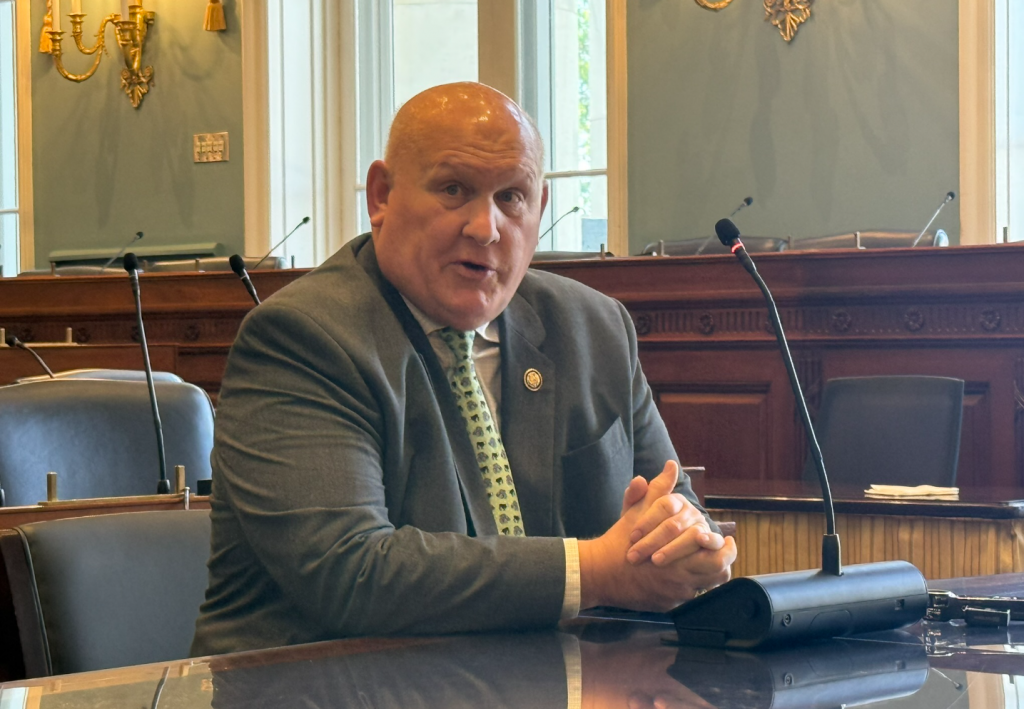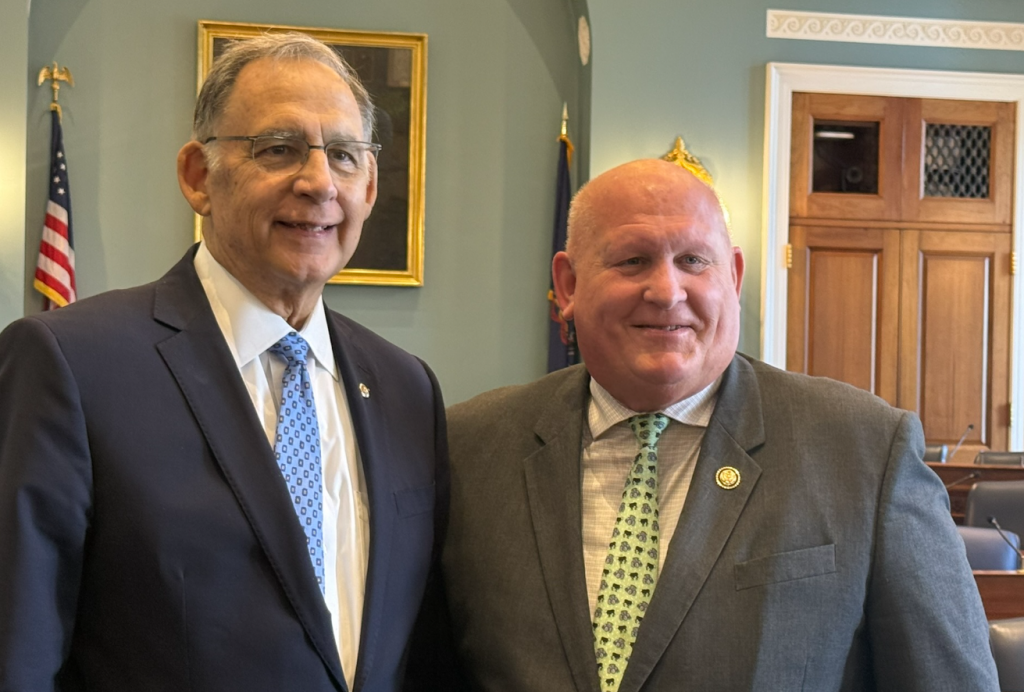
House Agriculture Committee Chairman Glenn “GT” Thompson recently addressed the National Association of Farm Broadcasters at their Washington Watch event, covering critical issues like the Farm Bill, border security, taxes, and trade. Thompson emphasized the importance of these matters to American agriculture, stating, “It’s exciting times. Obviously, with the new administration, there are a lot of moving parts right now. I think it’s all for the greater good when it comes to America’s number one industry, which is agriculture.”
Border Security and Workforce
Many of Thompson’s discussions focused on border security and its impact on the agricultural workforce. He argued that an open border does not benefit agriculture, countering the common perception. “I think there are some folks that think an open border helps with workforce, and it absolutely does not,” he asserted.
Thompson highlighted the importance of establishing a legal pathway for agricultural workers, which he believes is hindered by uncontrolled borders. He noted, “I have always found that the biggest obstacle to getting something done, in terms of defining a pathway for a legal workforce, has been the open border.”
Thompson also mentioned that budget reconciliation will allocate funds for “smart walls and smart fences” to enhance border monitoring.
Tax Cuts and Financial Relief
Thompson addressed the tax implications for American farmers, emphasizing the need to prevent tax increases. “I don’t think there’s a group in America that will benefit more from what we will do with the tax cuts – making sure we prevent the largest tax increase in history – than the American farmer,” he stated. He specifically mentioned the “death tax,” arguing that it forces farmers to liquidate assets to pay taxes, harming their ability to continue operating. Thompson also mentioned maintaining deductions for capital investments, acknowledging that American agriculture is “asset-rich and cash-poor.”
Education Funding and Program Integrity
Another critical issue Thompson addressed was correcting educational funding policies that negatively impact agricultural families. He criticized the previous administration’s move to determine funding based on assets, which he argued doesn’t work for agriculture. “That was a terrible move under the last administration. That all gets corrected this time around,” he stated.
Thompson also discussed improving program integrity in nutrition programs like SNAP, aiming to “enhance opportunity” rather than “punish.” He explained, “We’re not robbing from anyone. We’re enhancing opportunity.” He also discussed removing the “poverty cliff” in SNAP, so that an increase in income does not result in total loss of benefits.
Trade and International Relations
Thompson also spoke about the importance of trade for American agriculture. He mentioned that many nations are seeking trade deals with the U.S. and expressed optimism about future trade opportunities. “The fact that over 100 nations are knocking at the door at the White House, saying, I want to make a deal. I just ask that you give the president and his team a little bit of grace,” he said. He also assured that if trade-related issues harm farmers, measures will be taken to provide relief, similar to past actions.
Farm Bill and Bipartisan Efforts
Thompson discussed the Farm Bill, emphasizing its bipartisan nature and the input from American farmers. “It wasn’t my farm bill, it was America’s farm bill,” he stated. He highlighted the extensive input from various stakeholders and the bipartisan efforts in drafting the bill.
Thompson called the current progress with the reconciliation bill the “down payment” or “skinny” farm bill, which will address certain aspects, with the remaining portions to be addressed later. “It’ll be later, at a very affordable price tag, and we’ll have pay fors that are not controversial. It’s good policy,” he explained.
Crop Insurance and Future Plans
Thompson reaffirmed the commitment to protecting and improving crop insurance, a top priority for farmers. “That was the number one ask. We traveled the country, and it was amazing how often people said, ‘We only got one ask.’ Well, they had more than that, but their most important thing was, you have to protect crop insurance,” he said. He also expressed a desire for bipartisan support in the committee, though he acknowledged the partisan nature of budget reconciliation.
Health and Human Services
Regarding the Secretary of Health and Human Services’ views on agriculture, Thompson acknowledged the Secretary’s “heart’s in the right place” but suggested a need for a deeper understanding of commodity production. “I’m not sure he has a great depth of knowledge when it comes to how commodities are grown and the value of each of those commodities,” he noted. Thompson expressed a willingness to educate the Secretary through firsthand experience.

Thompson’s remarks highlight the complex interplay of policies affecting American agriculture, from border security and taxation to trade and nutrition programs. NAFB appreciated his willingness to sit down and discuss the issues.

















